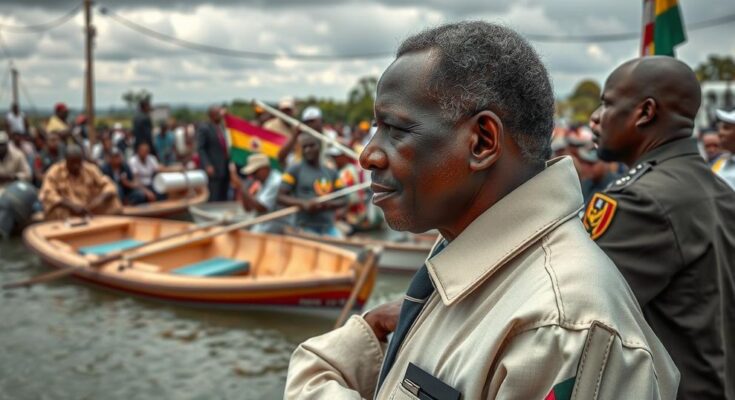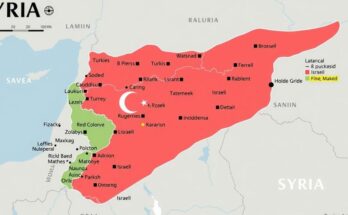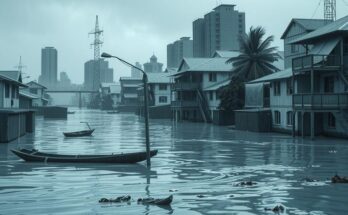President Daniel Chapo’s election victory has intensified political unrest in Mozambique, with opposition leader Venancio Mondlane’s supporters protesting what they assert are rigged elections. Chapo aims for reconciliation after his inauguration, but internal party conflicts may complicate such efforts.
Mozambique’s newly elected President Daniel Chapo is poised to confront significant challenges in resolving the nation’s ongoing post-election turmoil. The confirmation of Chapo’s victory by Mozambique’s Constitutional Council on December 23 has fueled continuous unrest, particularly among supporters of opposition leader Venancio Mondlane, who view the elections as fraudulent. Chapo’s efforts to institute dialogue and reconciliation following his January 15 inauguration may be essential yet fraught with peril, as internal divisions within the ruling Frelimo party could arise from any negotiations with the opposition.
The political landscape in Mozambique has been tumultuous, especially after the disputed general elections held on October 9. The ruling Frelimo party has faced accusations from various observers, including Western nations, of electoral manipulation. The aftermath of the elections has seen rising tensions, with Mondlane previously urging his supporters to protest against what they deemed an unjust electoral process. Understanding this context is crucial, as it sets the stage for Chapo’s efforts to unify a divided nation amidst growing dissent.
In summary, President Daniel Chapo’s path forward in Mozambique is complicated by significant opposition and unrest following the recent elections. While he seeks to initiate a reconciliation process, the challenges posed by widespread protests and potential factionalism within Frelimo present formidable obstacles. His leadership will be pivotal in determining the future stability of Mozambique and its political climate.
Original Source: worldview.stratfor.com




